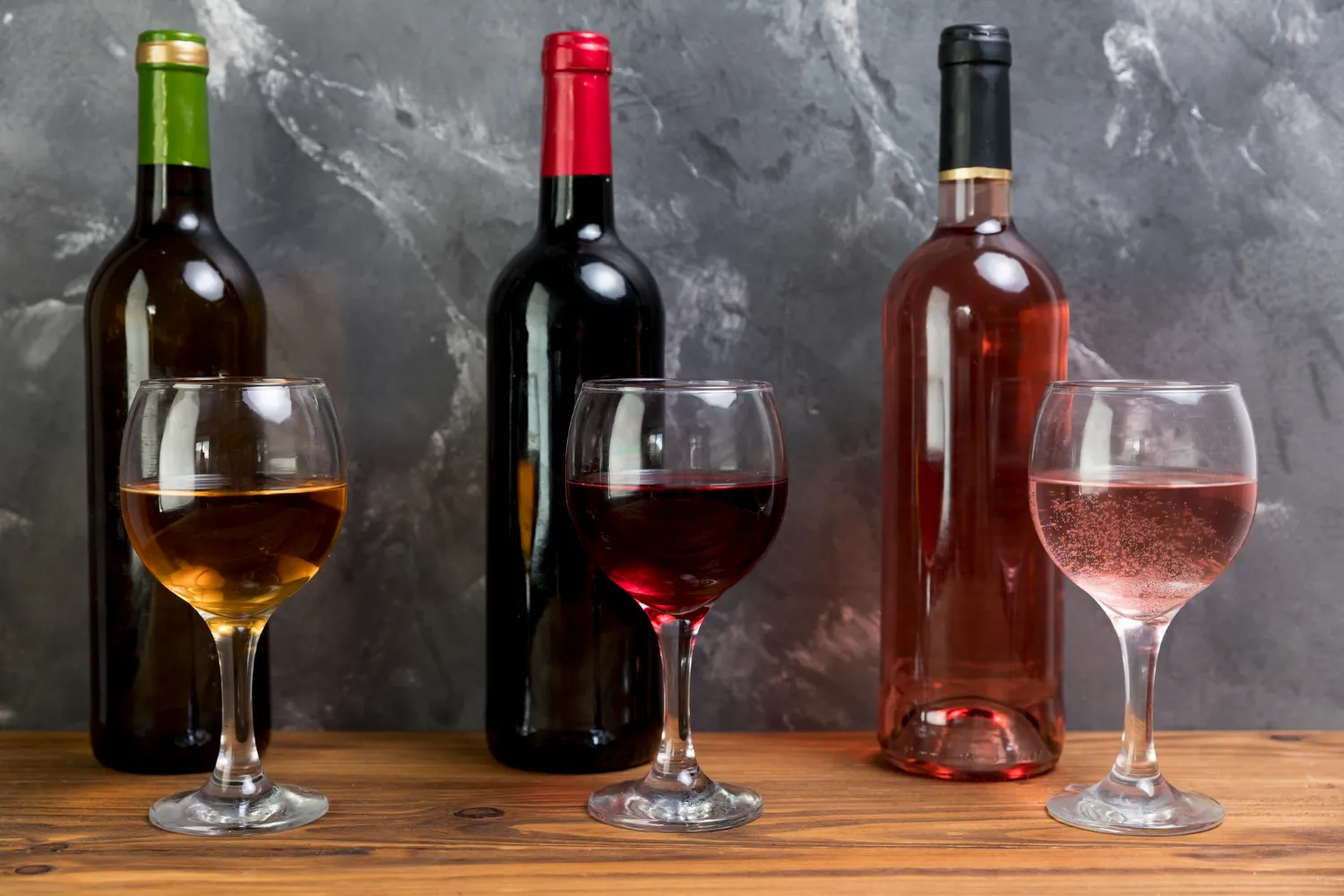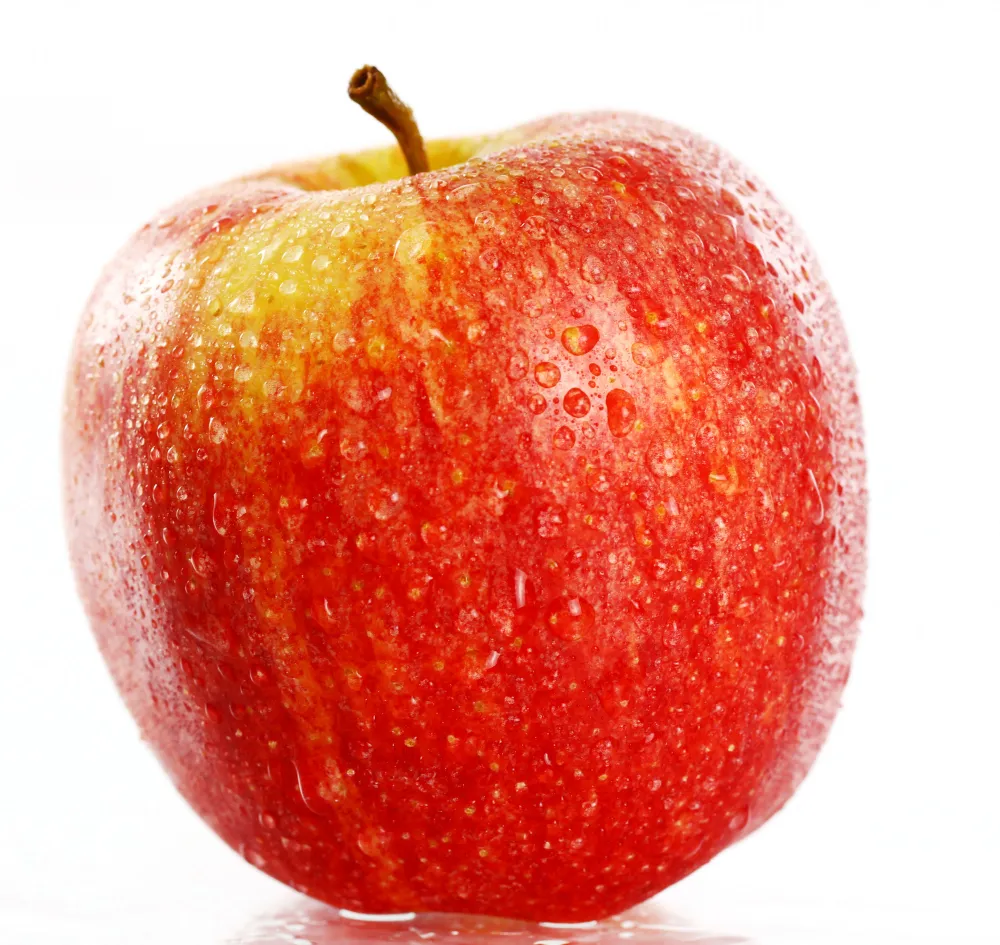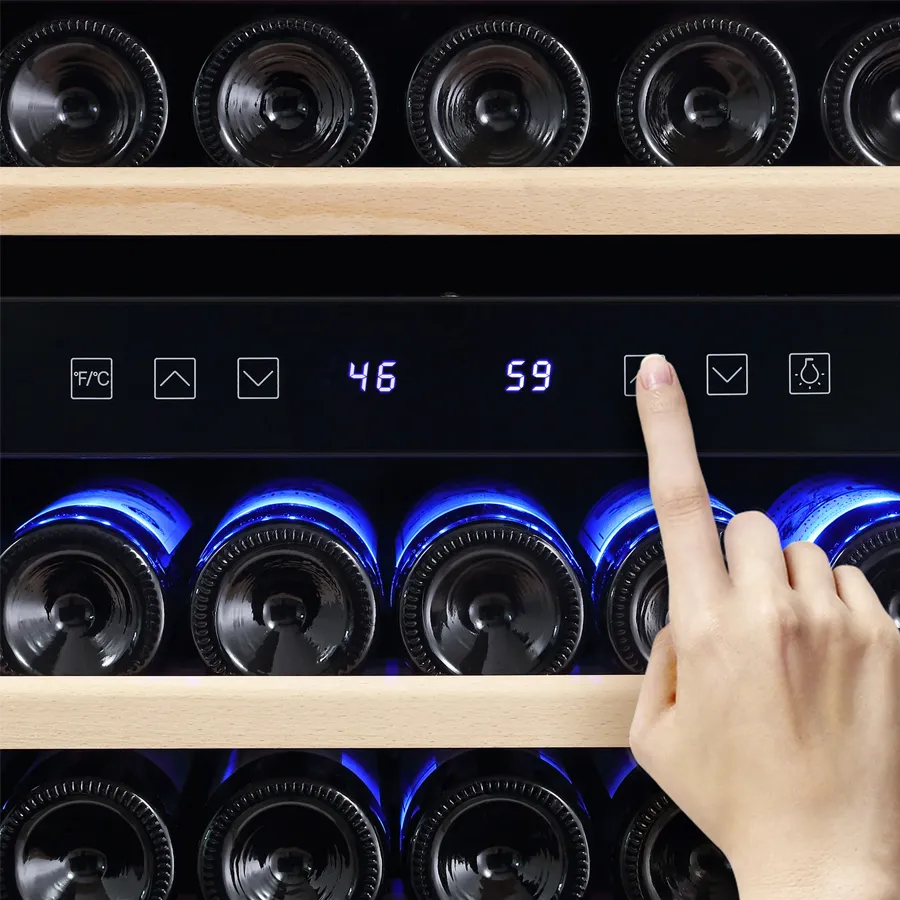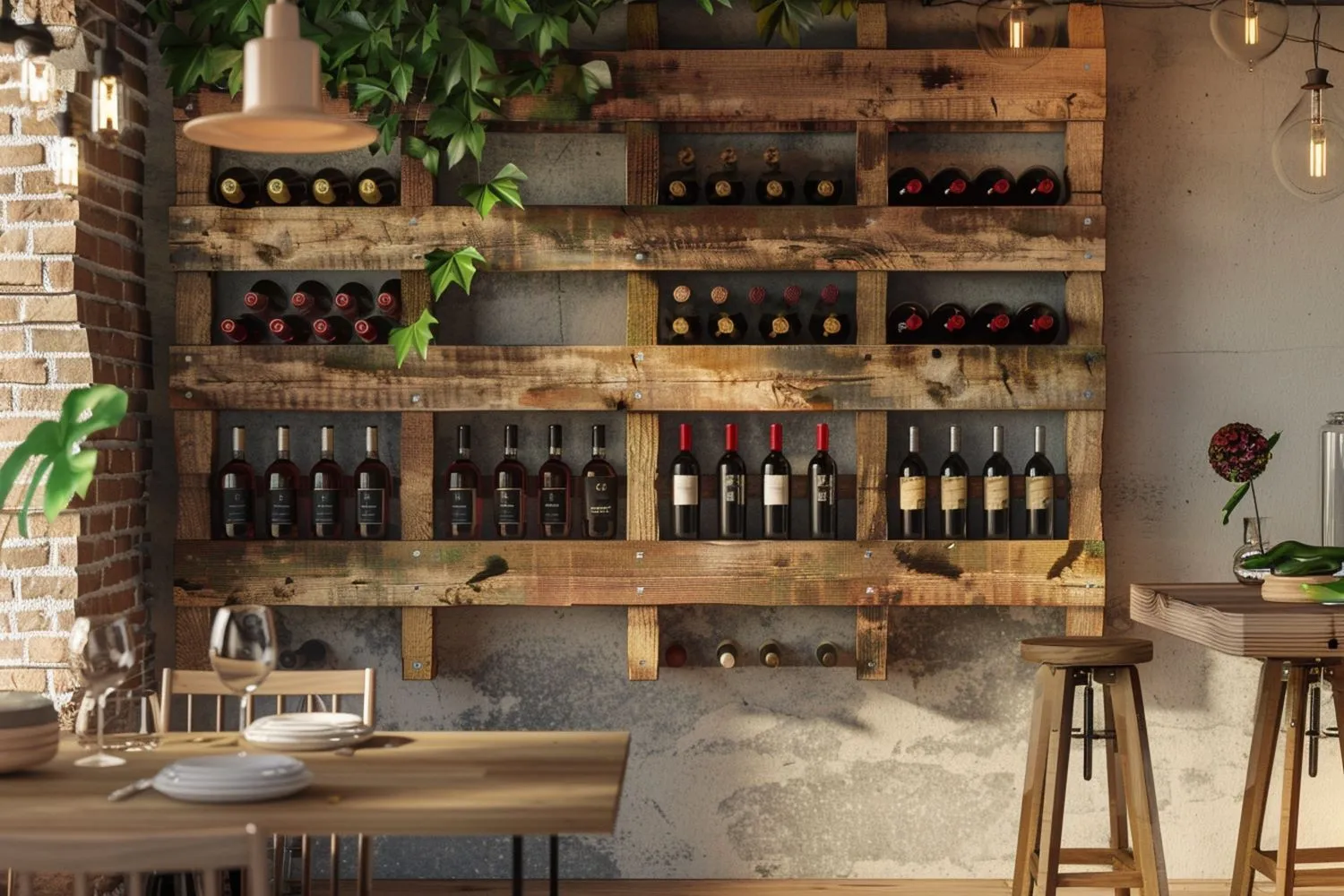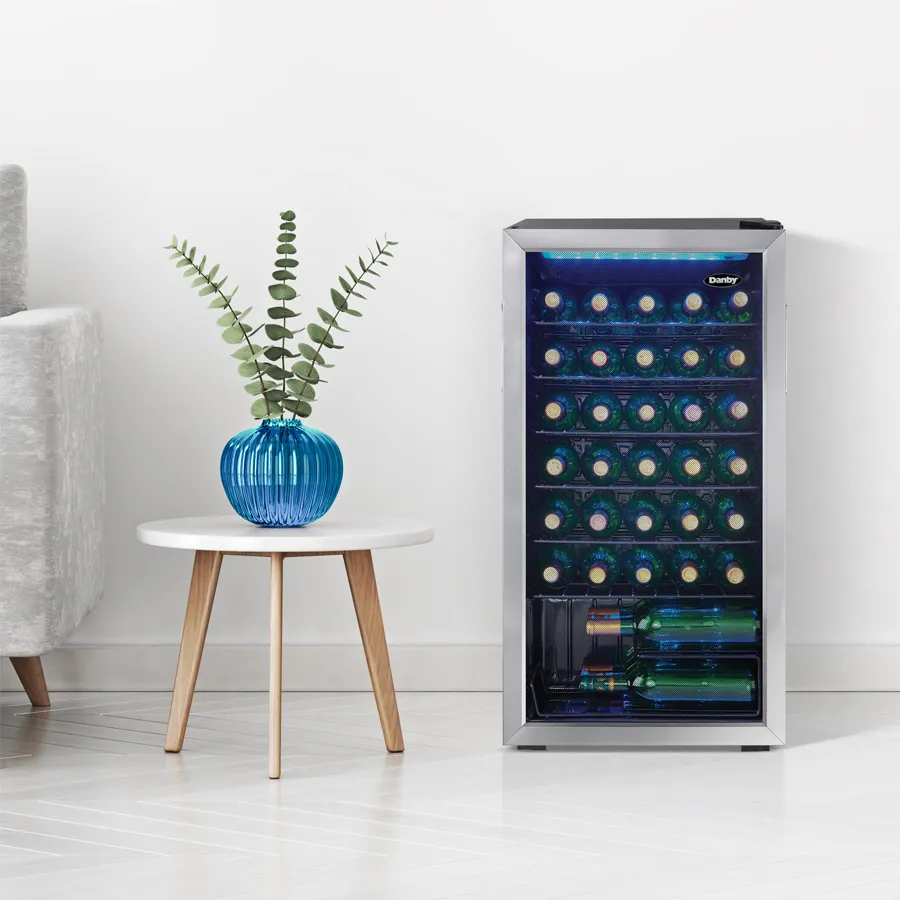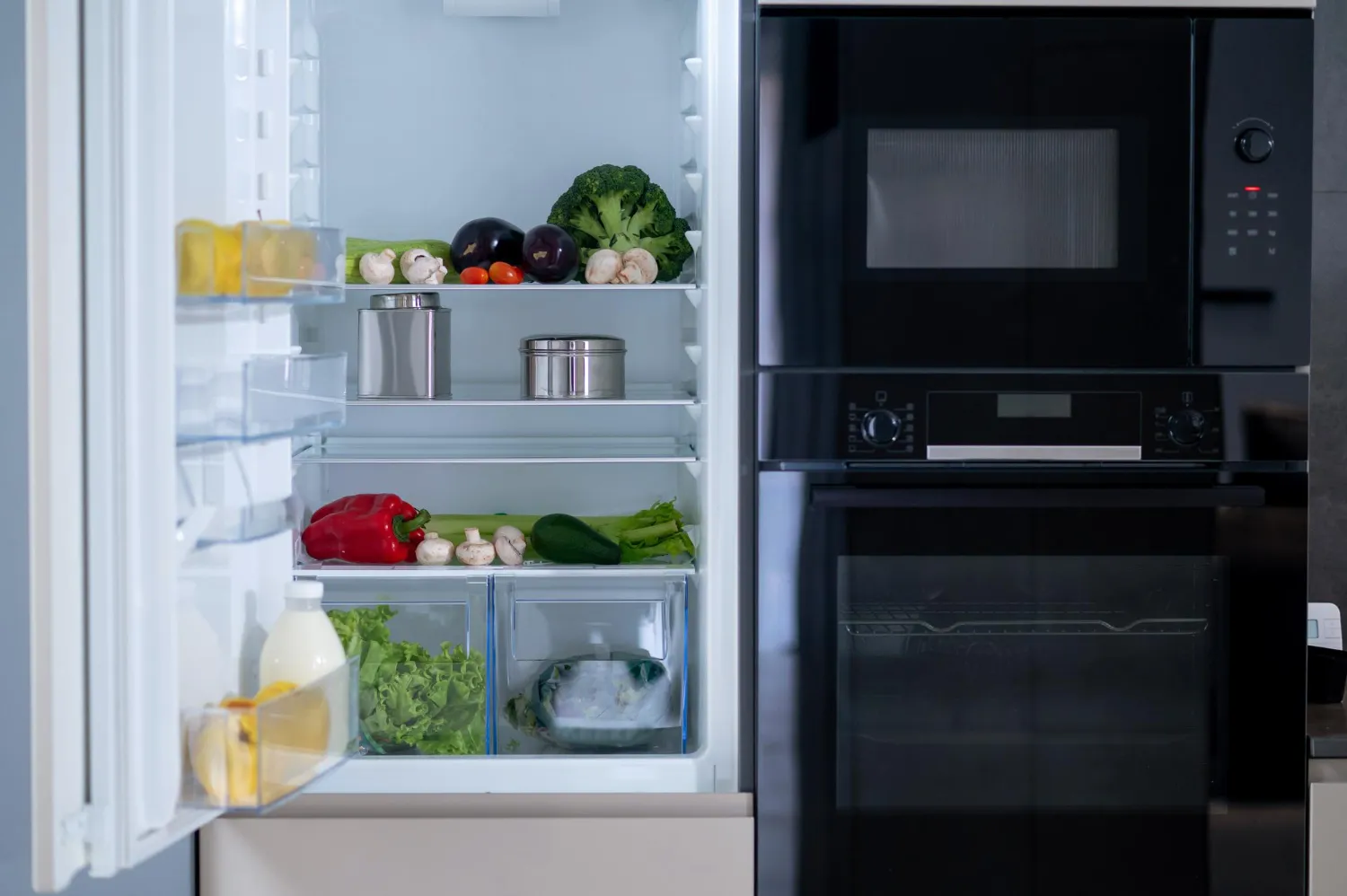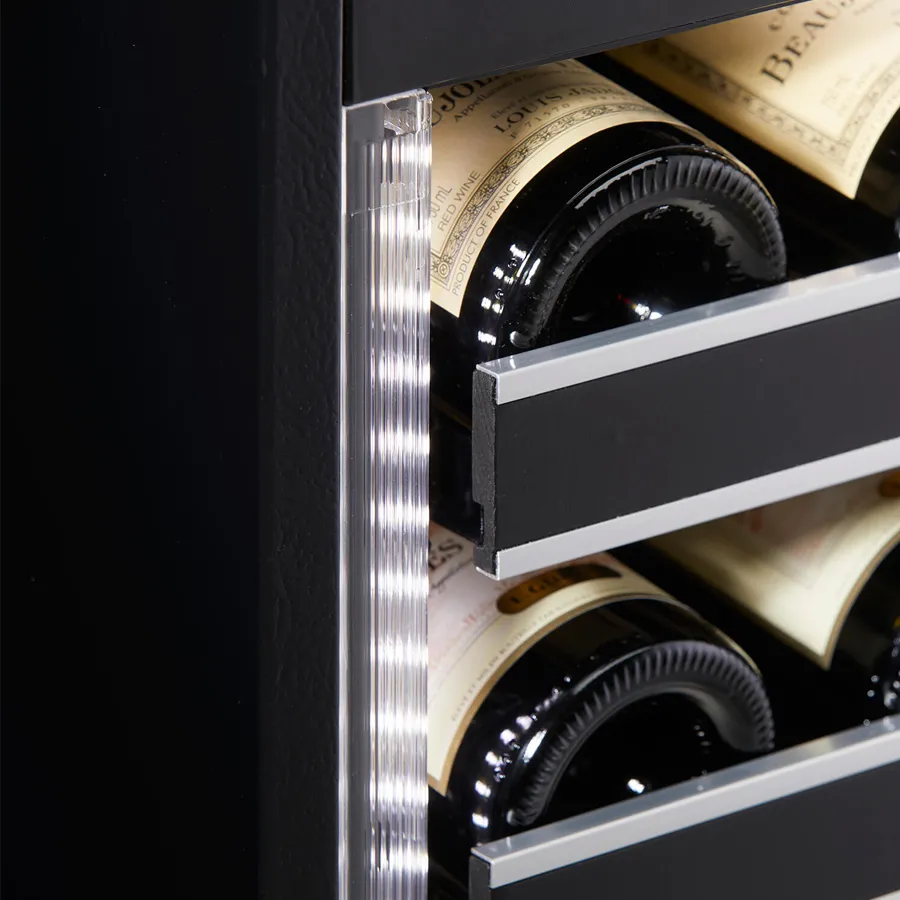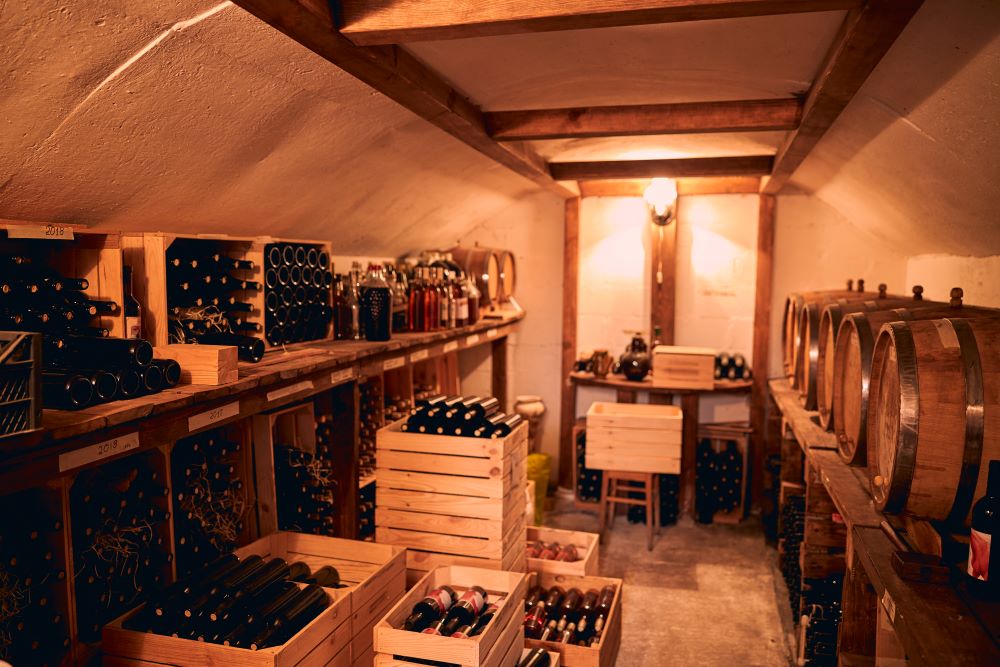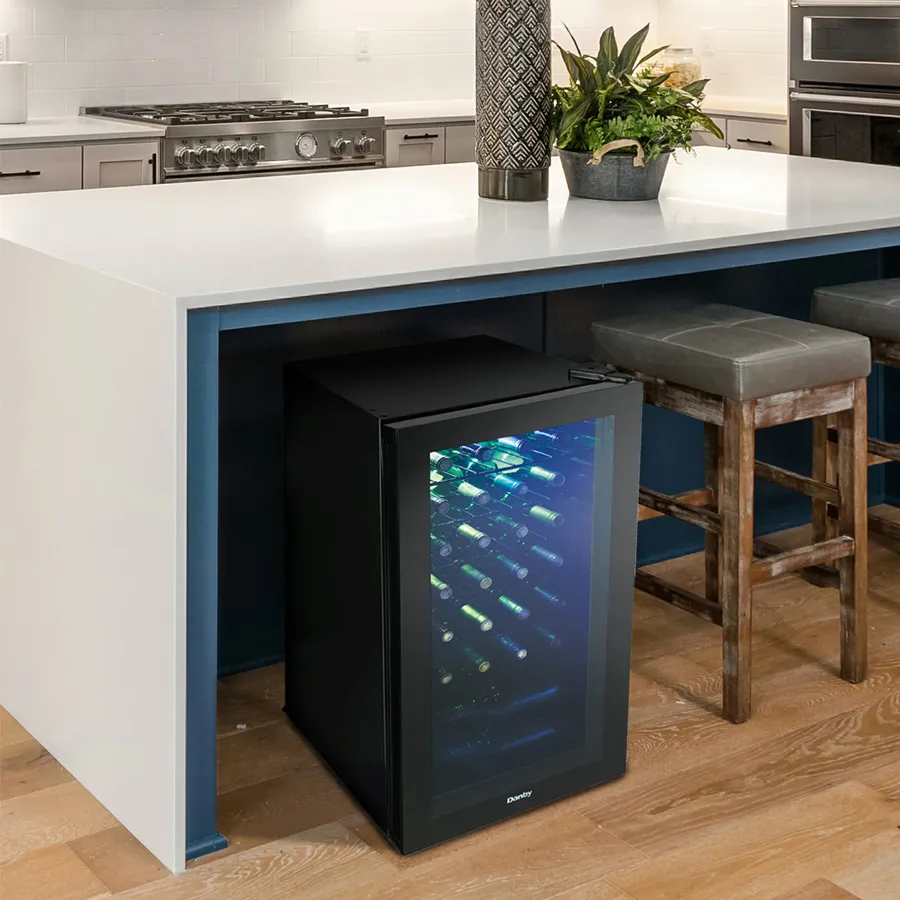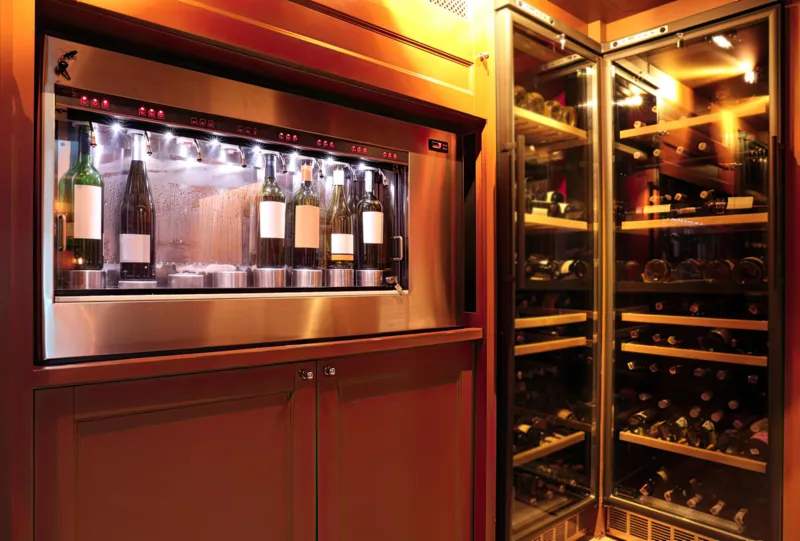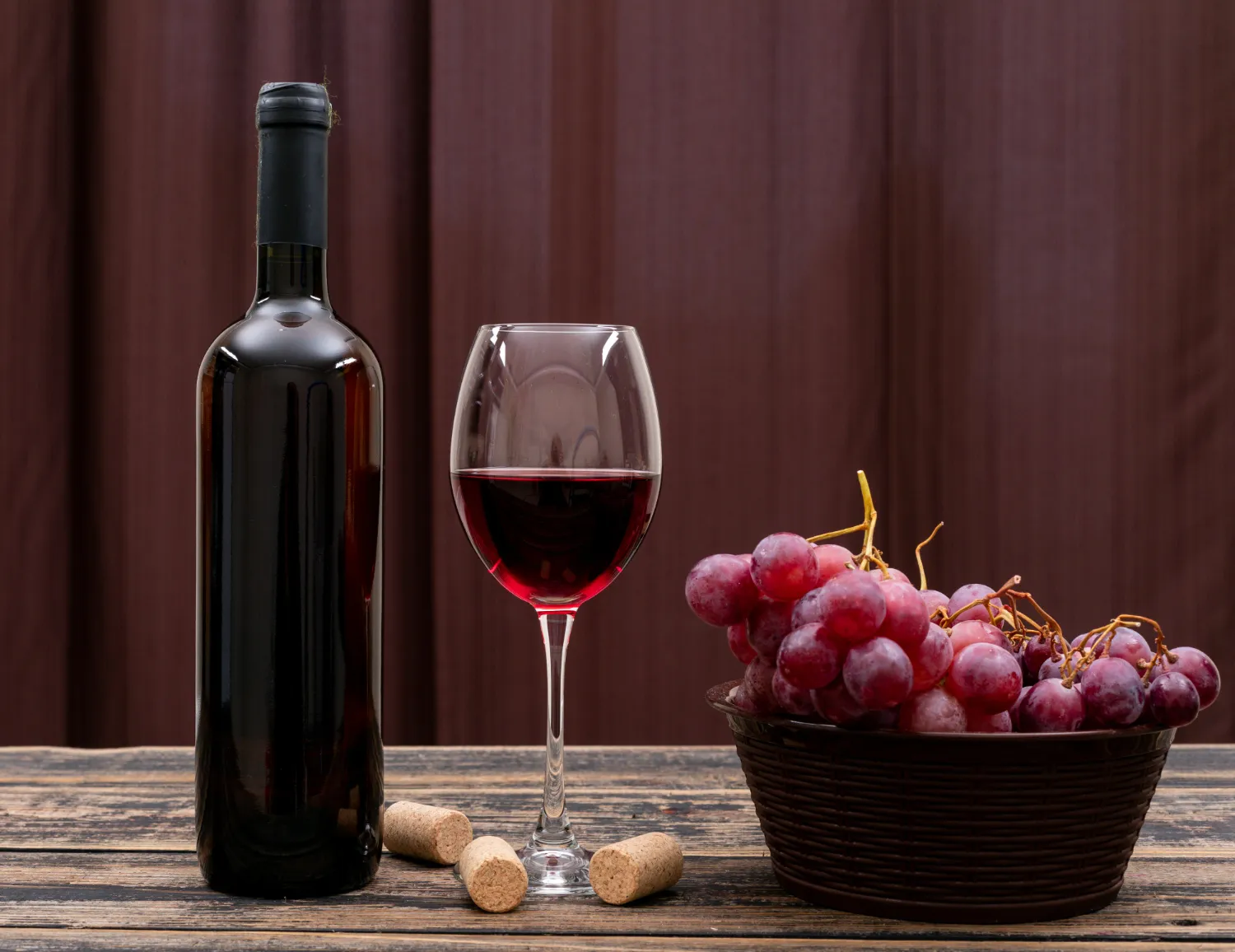Are you aware of how critical humidity is when it comes to properly storing your wine collection? It’s not just about the temperature; humidity levels can make or break the quality of your wine over time. In this blog post, we will explore the impact of humidity on wine storage and why it’s important to maintain the right levels to protect your investment. Understanding the role of humidity will help you ensure that your wines age gracefully and develop the complex flavors and aromas they are meant to.
The Effect of Humidity on Wine Quality
The level of humidity in your wine storage area can have a significant impact on the quality of your wine. Proper humidity levels, typically between 50-80%, help to prevent the corks from drying out and causing oxidation of the wine. If the humidity is too low, the cork may shrink and allow air to seep into the bottle, leading to spoilage and a decrease in the quality of the wine. Conversely, if the humidity is too high, it can promote the growth of mold on the cork, which can also taint the flavor of the wine. Maintaining the right humidity level is essential for preserving the integrity and flavor of your collection.

The corks won’t dry out and let the wine oxidize if the humidity is just right, which is usually between 50 and 80%.
When the air becomes too Dry?
Wine bottles can absorb oxygen if the air around them is excessively dry for an extended period of time (less than approximately 50% relative humidity), which can happen if the cork cones dry out. The subsequent oxidation will cause the wine to spoil quickly when this occurs. Now is the time to mention that wine bottles are best kept on their sides. The wine keeps the cork cone moist on the inside, which keeps it sealed even after a lengthy period of storage. Superior cork cones can withstand dry air for longer than their poor counterparts. Regrettably, when raw materials are few, the quality of the natural product cork declines.
Ways in which Humidity Impacts Wine Aging Process
Humidity also plays a critical role in the wine aging process. Proper humidity levels help slow down the evaporation rate of the wine, allowing it to age gracefully and develop complex flavors over time. When the humidity is too low, the wine may evaporate more quickly, leading to a decrease in the overall volume and potentially altering the balance and concentration of flavors in the wine. On the other hand, excessively high humidity can lead to mold growth on the labels and packaging, which can damage the overall presentation and potentially the quality of the wine. Maintaining the right humidity levels is crucial for ensuring that your wine ages in the best possible conditions.
Different Types of Wines Respond to Humidity
When it comes to humidity levels, different types of wines respond differently. For example, red wines are more resilient to fluctuations in humidity compared to white wines, which are more sensitive. Here’s a breakdown of how different types of wines respond to humidity:
- Red wines: Can tolerate slightly lower humidity levels without significant impact.
- White wines: More sensitive to humidity fluctuations and can deteriorate quickly if exposed to low humidity levels.
- Sparkling wines: Require higher humidity levels to prevent corks from drying out and losing their seal.
- Fortified wines: Similar to red wines, they can tolerate slightly lower humidity levels, but it’s still important to maintain the ideal range.
- Rose wines: Can be just as sensitive to humidity as white wines and require similar care.





